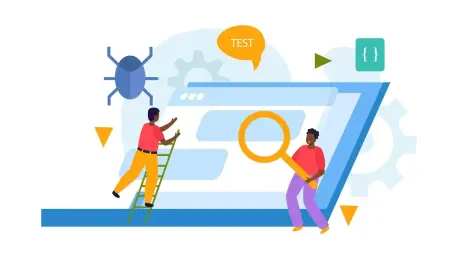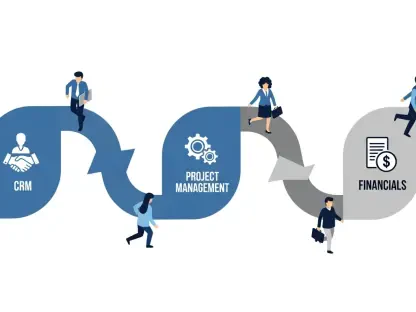In an era dominated by digital interfaces, the boundaries between traditional software testing and cybersecurity are rapidly fading. As software security becomes a paramount concern, Quality Assurance (QA) teams are adopting the role of ethical hackers, joining in the battle against potential vulnerabilities right from the testing phase. This integration of roles is reshaping the landscape of software development, challenging the status quo while securing consumer trust.
Beyond Debugging: QA’s Role in Security
Security breaches are now a daily occurrence, threatening sensitive data and consumer trust. Cyber-attacks, once considered sporadic threats, have evolved into sophisticated intrusions capable of tarnishing reputations and undermining entire systems. This escalating crisis propels a significant shift in software development priorities. Developers are increasingly focusing on embedding security measures from the beginning, ensuring consumer data remains safeguarded. With trust on the line, integrating security into development cycles has become non-negotiable.
QThe New Gatekeepers of Cybersecurity
The traditional QA role, once limited to verifying software functionality, has expanded significantly. QA engineers are now tasked with identifying potential threats and vulnerabilities before they can be exploited. Incorporating tools like Selenium and Burp Suite, these professionals systematically probe systems for weaknesses, such as Cross-Site Scripting (XSS) vulnerabilities. This evolving role requires QA teams to not only fulfill their testing duties but also embrace ethical hacking techniques to ensure robust security.
Understanding the Trend: Expert Opinions and Research
Industry experts are witnessing a remarkable convergence between QA and cybersecurity practices. Prominent figures in the field highlight this trend, underscoring the importance of QA professionals adopting security measures. Recent studies illuminate how QA engineers transitioning into security roles are better equipped to handle complex software testing environments. Anecdotes from the field serve to validate this shift, illustrating how those who embrace ethical hacking responsibilities enhance overall system integrity while boosting their careers.
Elevating QIntegrating Security Practices
To embrace a security-first philosophy, QA teams are adopting strategic measures to incorporate safety into every stage of the testing process. Cross-training in threat modeling is encouraged, enabling testers to anticipate and counteract potential breaches. Additionally, automated checks within continuous integration pipelines identify and address vulnerabilities promptly, offering dynamic reinforcement of security measures. By educating QA personnel and investing in security tools, organizations can transform testing practices to proactively safeguard their software.
Moving Forward: The Future of QA in Cybersecurity
The landscape of software development has experienced a significant evolution, driven by the integration of ethical hacking within QA processes. This transformation underscores the imperative to protect consumer trust and data integrity. As QA teams continue to evolve, equipping themselves with cybersecurity skills, they enhance their value within software development. Organizations investing in this synergy between QA and security are poised to benefit from strengthened protection against emerging threats, securing their place in a rapidly advancing digital world.









